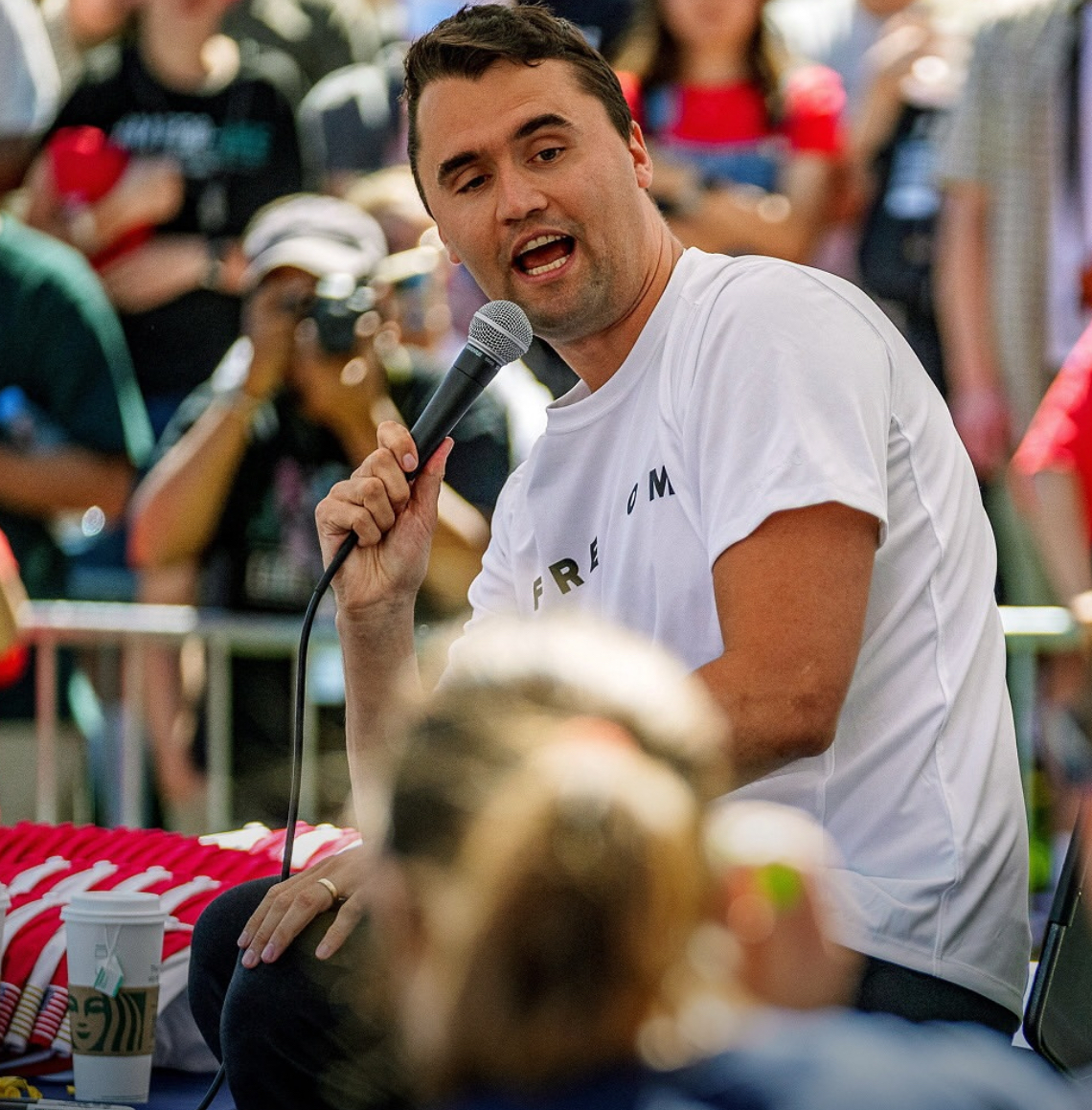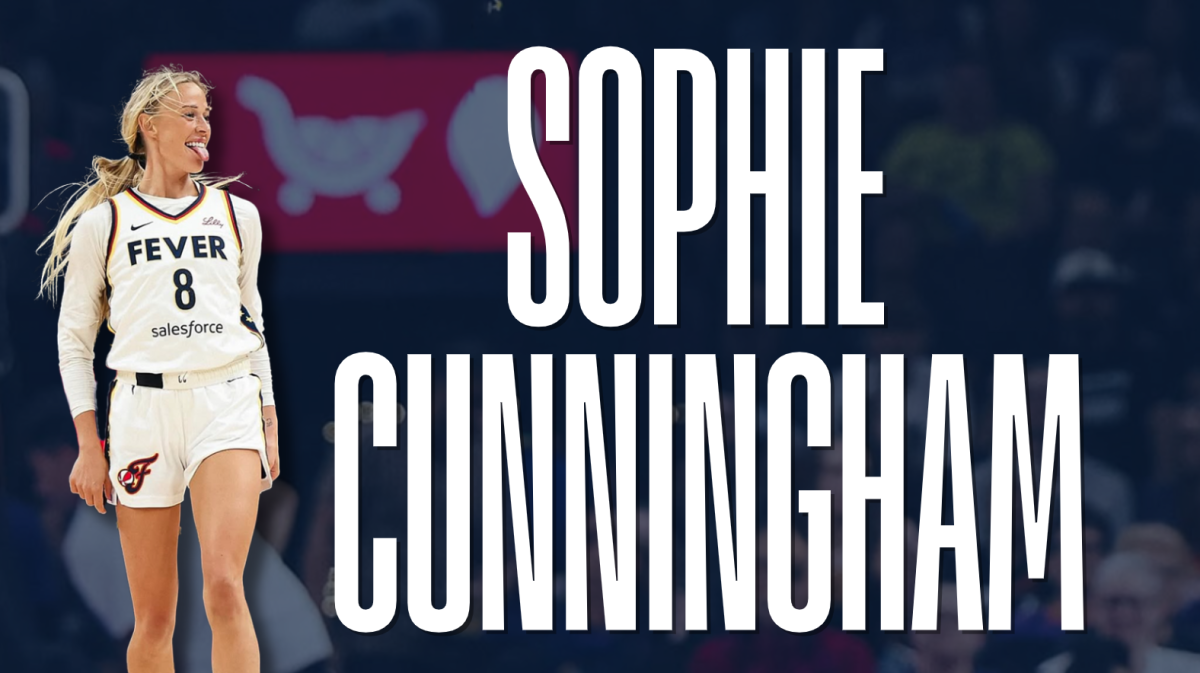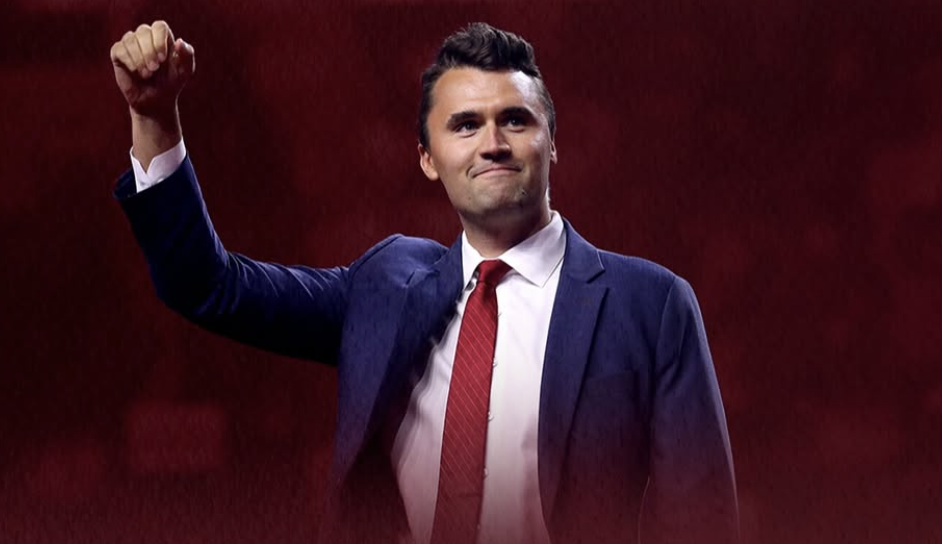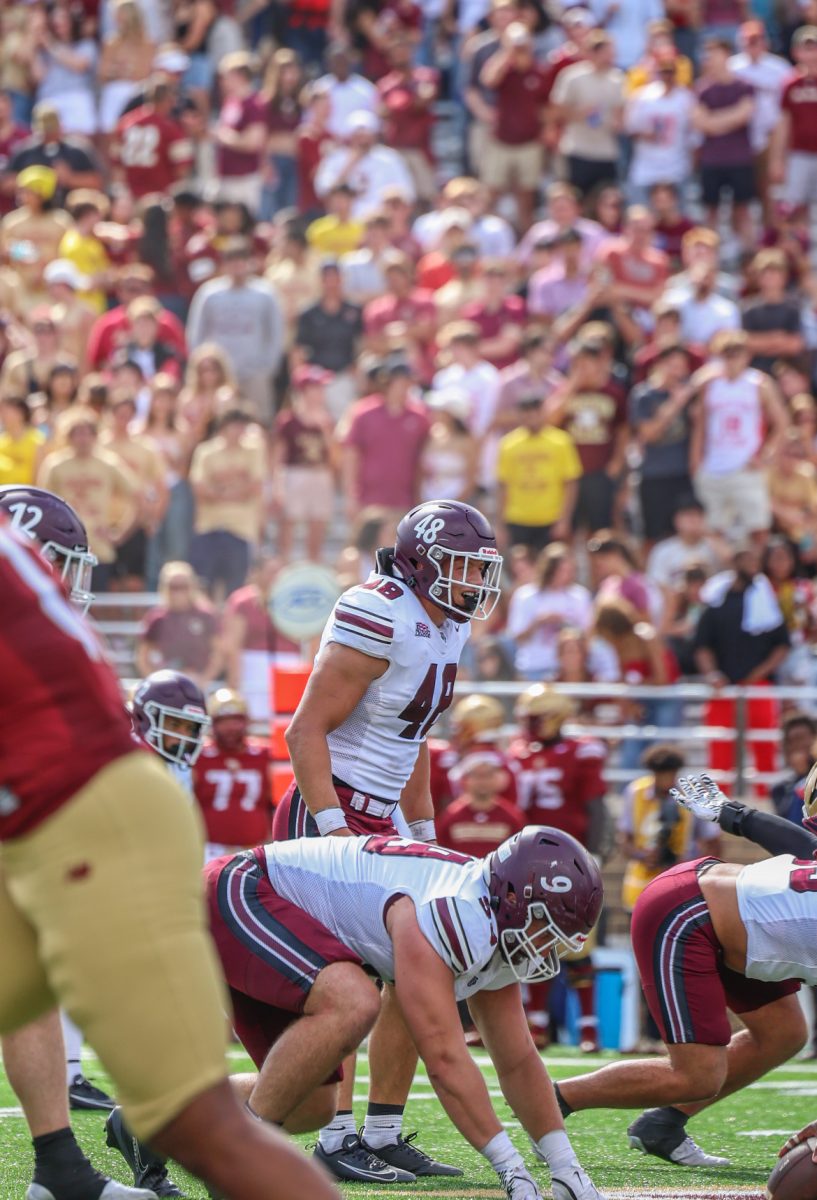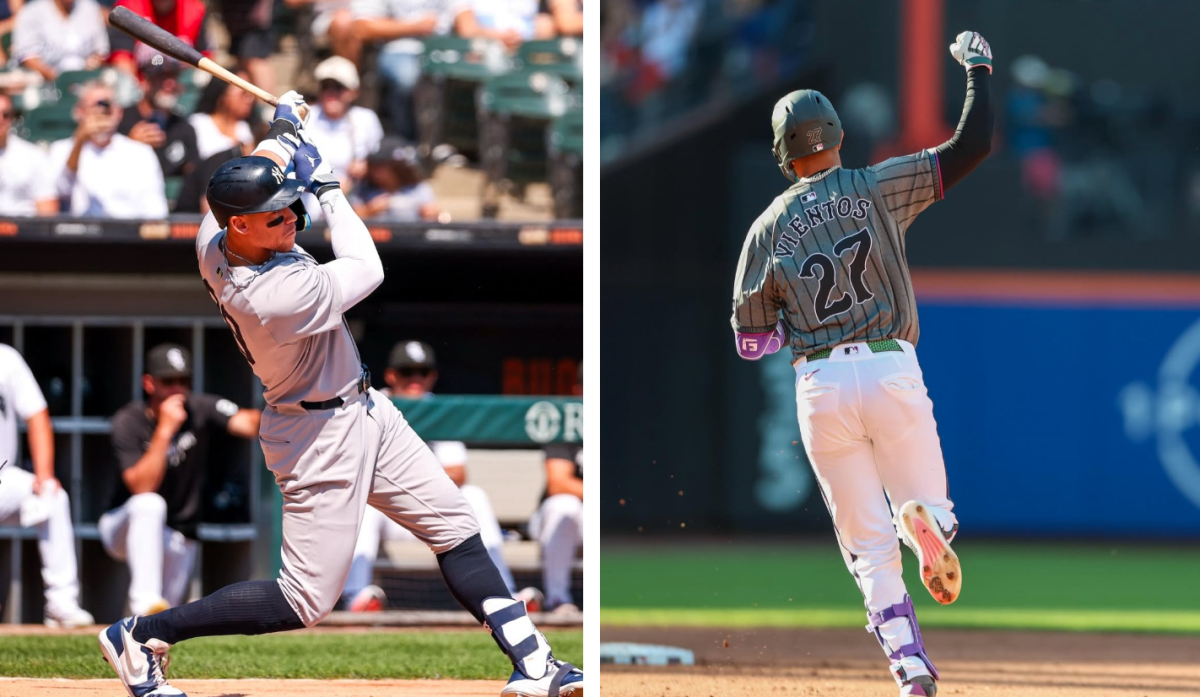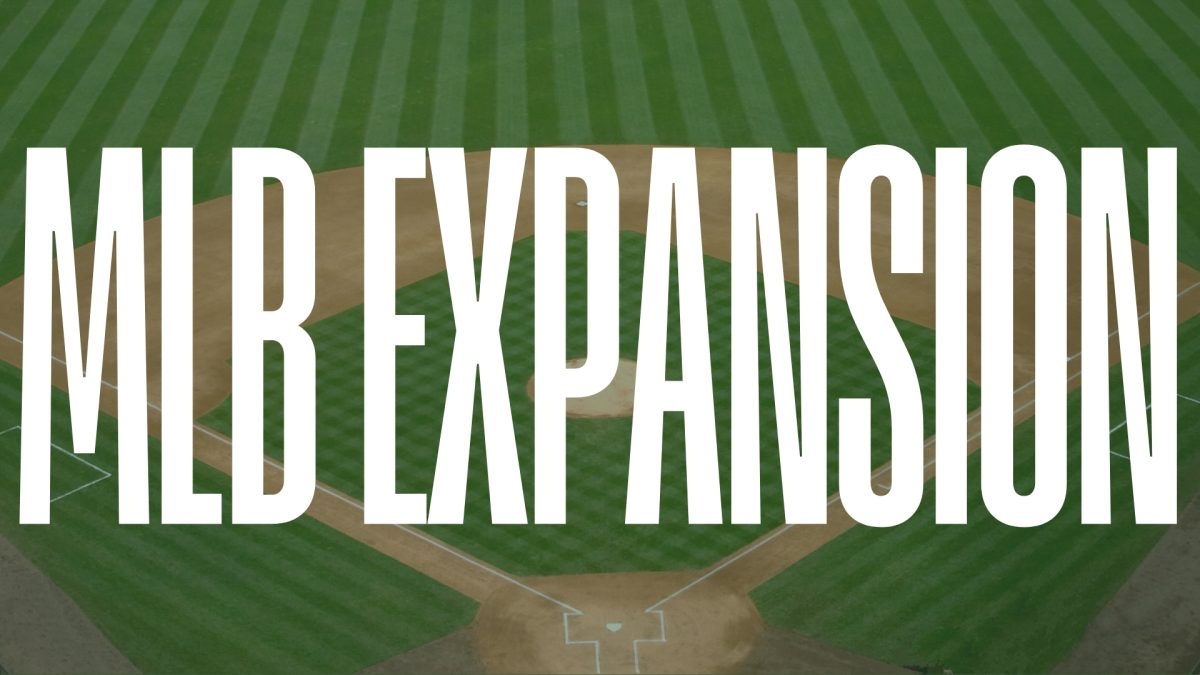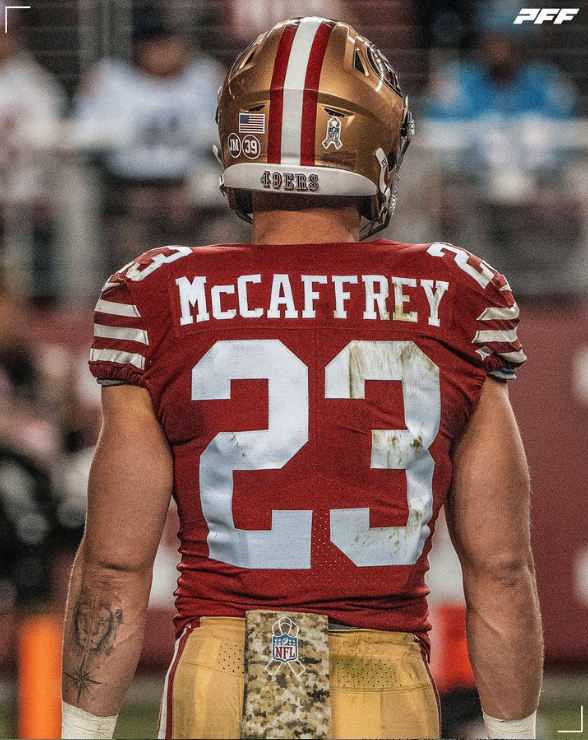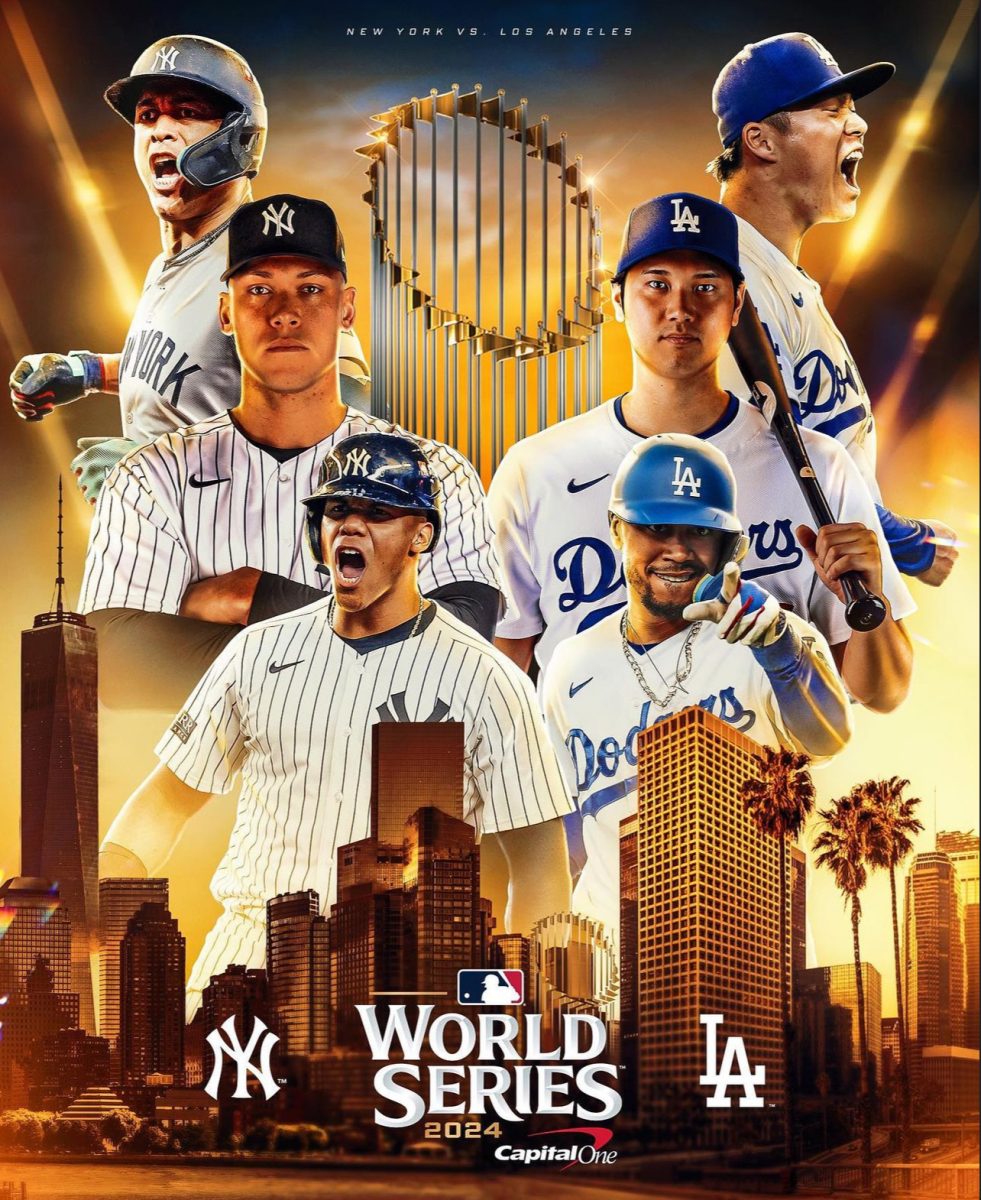By MATTHEW MICHAELS
STAFF WRITER
Earlier in the offseason the best pitcher in baseball, Clayton Kershaw, signed a contract extension with the Dodgers. With elite free agents receiving constantly increasing massive contracts with lengthy options, teams are locking up their young talents before they ever reach the market.
The best hitter and the best overall player both signed contracts that will keep them in their current uniforms for years to come. Two-time reigning MVP Miguel Cabrera signed an extension with the Tigers for eight years and $250 million. Since he was already under contract for the next two years, the deal totals 10 seasons and $292 million.
Mike Trout joined the Angels in May 2012 and immediately became a star. He finished second, behind Cabrera, in the MVP voting his first two seasons. This earned the stud outfielder a pay increase from his $510,000 2013 salary to an even million in 2014, a pre-arbitration eligible record. A couple days after Cabrera’s extension, Trout re-upped, signing a six year, $144.5 million extension. He will make more than $33 million per year in 2018, 2019 and 2020, the last three years of his deal. He will not even be 30 by the time it expires.
The Cardinals and Yankees considered their stars unworthy of lucrative, decade-long contracts like the one Cabrera earned. They let Albert Pujols and Robinson Cano walk away and sign 10 year deals with the Angels and Mariners respectively. Entering the third year of his contract, Pujols’ time in Anaheim has been disastrous. The man who was on track to become the best hitter in history was derailed by injuries and under-performance. Cano is just starting his time in Seattle, but his $24 million average annual salary is considered high for the second basemen. Neither the Angels nor the Mariners are expected to finish above third in the AL West.
By the time Trout finishes his contract with the Angels, general managers will have figured out paying aging stars ludicrous amounts for their declining years is not worth it. He would have been better off playing out the final three years and hitting free agency at 26, when teams would be willing to give him 10 years for close to half a billion dollars, assuming he progresses as expected. Instead, teams will be hesitant to sign him at 29 for more than five years, especially if his value declines at all.
Cabrera is a year younger than Pujols was, and they play the same position, but the 240 pound first basemen will likely only be a hitting machine for a couple more years. The Tigers should have let him enter free agency in 2015-2016. They could have then chosen whether to re-sign him for fewer years and at a cheaper price, or let him go.
The Tigers, a usually well-run, efficient team, made a mistake in locking up Cabrera. In two years, even if he kept up his current productivity, they would not have to pay so much to keep him in Detroit. On the flip side, the Angels have made numerous front office mistakes recently by signing Pujols, Josh Hamilton and C.J. Wilson, but the Trout agreement was a shrewd business move. They get the bulk of Trout’s youth for a fraction of what he deserves and can later decide whether or not to purchase his high 20s and low 30s seasons.
The trend of young stars signing long extensions instead of waiting until free agency will continue to grow, as players are money-hungry and teams are interested in building long-term strength. Trout was so excited to be making more than half a million that he signed a contract that is not actually in his best interests. He should have played three seasons with arbitration deals while continuing to excel, then continue on to sign a massive contract taking him to his mid-30s.
Kershaw, Cabrera, Trout and many of baseball’s best are under team control for the foreseeable future. Teams will become wiser in dealing with aging players and players will stay with a team for security. A change in free agency is imminent in response to long contract extensions becoming the norm.




































